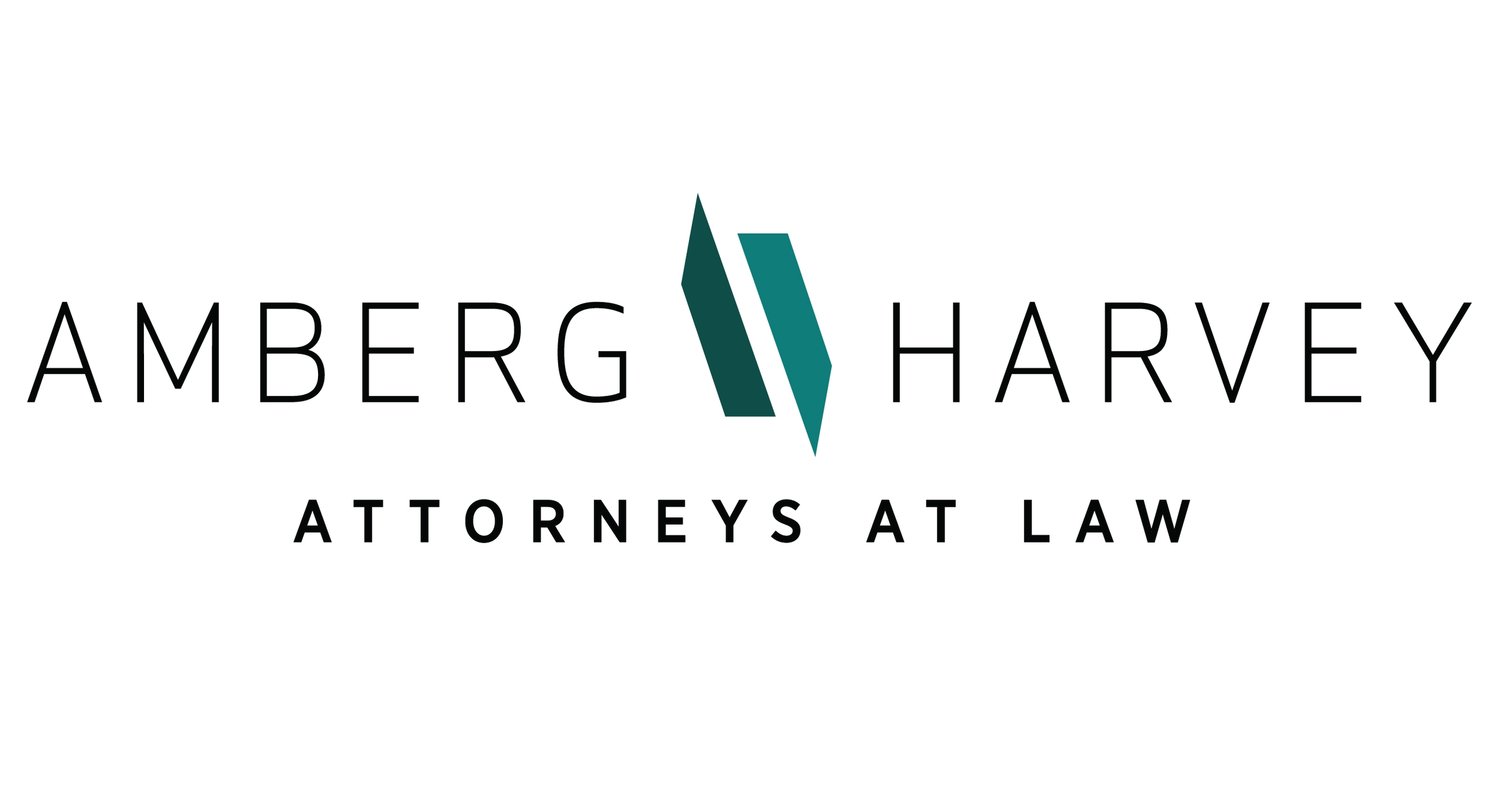Chapter 13 FAQs
Q: If this is a repayment form of bankruptcy, does that mean that I will need to repay all of my debts?
A: No. While there are certain types of debts that need to be repaid in a Chapter 13 plan (certain secured and priority debts, for example), most people end up paying a small percentage of their unsecured debts back. The balance that has not been paid back is discharged at the end of your case.
Q: How long does a Chapter 13 case last? How is it determined?
A: Most Chapter 13 cases last between 3-5 years. Generally speaking, the length of your Chapter 13 plan is determined by where your income is relative to the median household income of your same size. If you are above the median income, chances are that you'll be in a five-year plan.
Q: Who am I making payments to?
A: Payments are made to a Chapter 13 trustee. It is your trustee's job to then distribute those funds to your creditors.
Q: Can I strip off or get rid of my second mortgage if I file for Chapter 13?
A: It depends. In certain cases, it is possible to strip off a second mortgage and treat it as an unsecured debt, which would then be discharged at the end of your case. This is quite complicated and something that you should discuss with an attorney.
